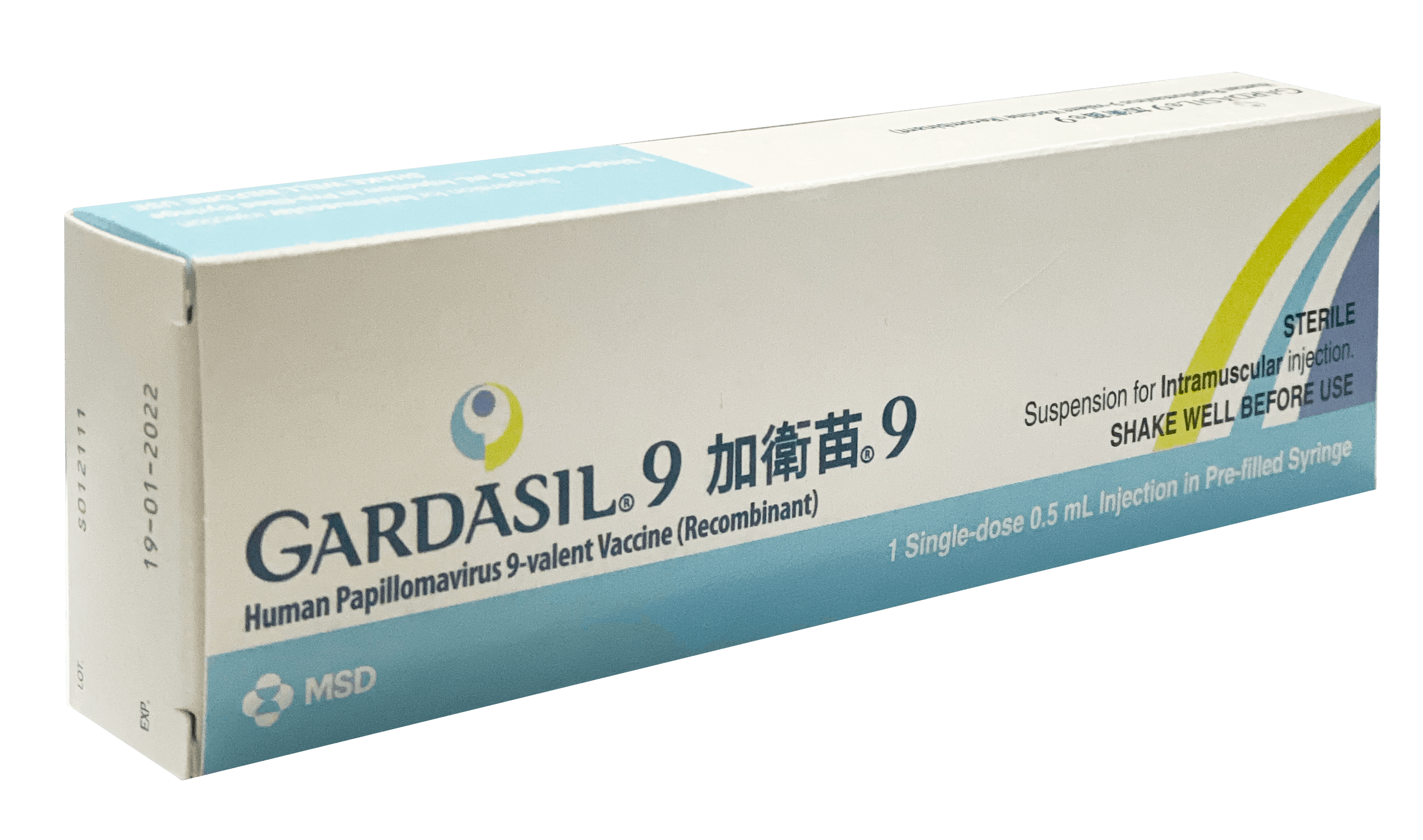- Home
- /
- HIV/STD
- /
- Common STDs
- /
- Syphilis
What is syphilis?
Syphilis is a sexually transmitted infection caused by a bacteria called Treponema pallidum.
How is it transmitted?
Syphilis can be transmitted through oral, vaginal or anal sex with an infected person who has syphilis. It is transmitted through skin-to-skin contact with an infected area. The chance of catching syphilis is greatly reduced by practicing safe sex using condoms. Condoms also protect you against other sexually transmissible infections. Syphilis is highly contagious when a sore or rash is present. Rarely, syphilis can be transmitted from mother to baby during pregnancy.
Signs and symptoms
Not all people with syphilis have symptoms. The only way to find out is to have a blood test for it. There are 3 stages of infection, known as primary, secondary and latent syphilis. The symptoms vary according to the stage. People with primary or secondary syphilis are infectious to their sexual partners.
Primary Syphilis
A hard, painless sore occurs usually on the genitals but it may be at other sites of sexual contact such as the mouth or anus. Because it is typically painless and may occur in hidden sites (eg cervix or mouth) you may not notice it. The sore or ulcer usually appears 3-4 weeks after infection. However, it can occur 10 to 90 days after infection which may make it difficult to know from who you caught it. The sore usually disappear within about 4 weeks even untreated. However even though the sore disappears, if you have not had treatment, you still have syphilis infection and can
pass it on to someone else.
Secondary Syphilis
Symptoms may occur 2-4 months after the initial infection and last several weeks. There may be a flat red skin rash on the back, chest, hands and feet. Other symptoms include fever, swelling of the glands in the groin and armpits, a genital rash, hair loss and general tiredness. If untreated, these symptoms may come and go for up to 2 years, While the rash is present, secondary syphilis is highly infectious.
Latent Syphilis
If syphilis is not treated in the primary or secondary phase, it becomes latent. At this stage, there are no symptoms and it can only be picked up by blood tests. If syphilis is diagnosed and treated early in the latent phase, there is usually no residual problem. About a third of people who have latent syphilis but are not treated over time develop late syphilis. This can lead to serious problems in different internal organs, especially the brain and heart. For those develop latent syphilis, more tests are required. They would need specialist review and longer treatment duration. Latent and late syphilis is not infectious and can be easily avoided by early treatment.
How do you test for syphilis?
The diagnosis of syphilis can be based on the appearance of a genital sore or body rash. Doctors may recommend treatment based on this but usually it will be confirmed by some tests. It can be done by taking a swab test from the sore to look under the microscope or to look for syphilis DNA. It can also be tested by blood test which measure antibodies in the blood. It can take 3 months to develop antibodies, so the tests may be negative early on. There are usually two parts of the test, one part looks for past infection and one part for current infection: The blood tests are also used to monitor your body’s response to the treatment and may help to work out how long you have had the infection.
How is syphilis treated?
Penicillin is the usual treatment for syphilis. For those who are allergic to penicillin there are alternative treatments. Although the treatment is straightforward, it is important to have repeat blood tests to check that the treatment has worked and the infection is clearing up. Usually review consultation is needed one month after the initial treatment.
Follow-up blood tests and review at 3, 6, 12 and 24 months is usually recommended as a routine after treatment. It is very important to do these tests us if they are not showing improvement you may need further tests or more treatment.
For inquiries, please contact
Tel : (852) 3160 4886
or Email : enquiry@neohealth.com.hk

9-valent HPV vaccine (Gardasil 9)
GARDASIL 9 is a vaccine for both females and males to prevent cervical, vulvar, vaginal, and anal cancers caused by human papillomavirus (HPV) Types 16, 18, 31, 33, 45, 52, and 58…

Health Screening
We provide a variety of plans to meet your needs. In addition to analyzing the medical report, we also care about your lifestyle and family medical history before giving professional medical advice. If you obtain abnormal test results, we can arrange for more detailed testing and high-quality treatment services to get early treatment and reduce the chance of recurrence.


